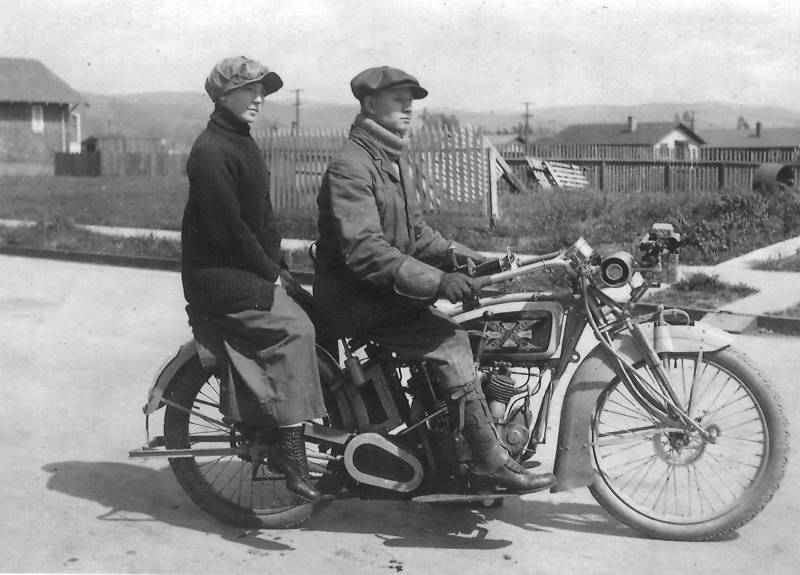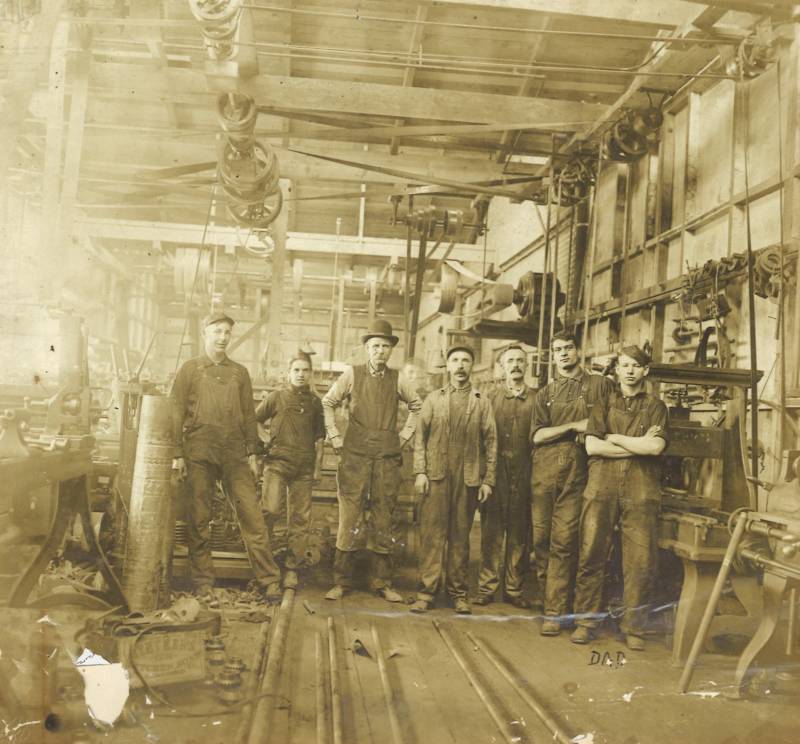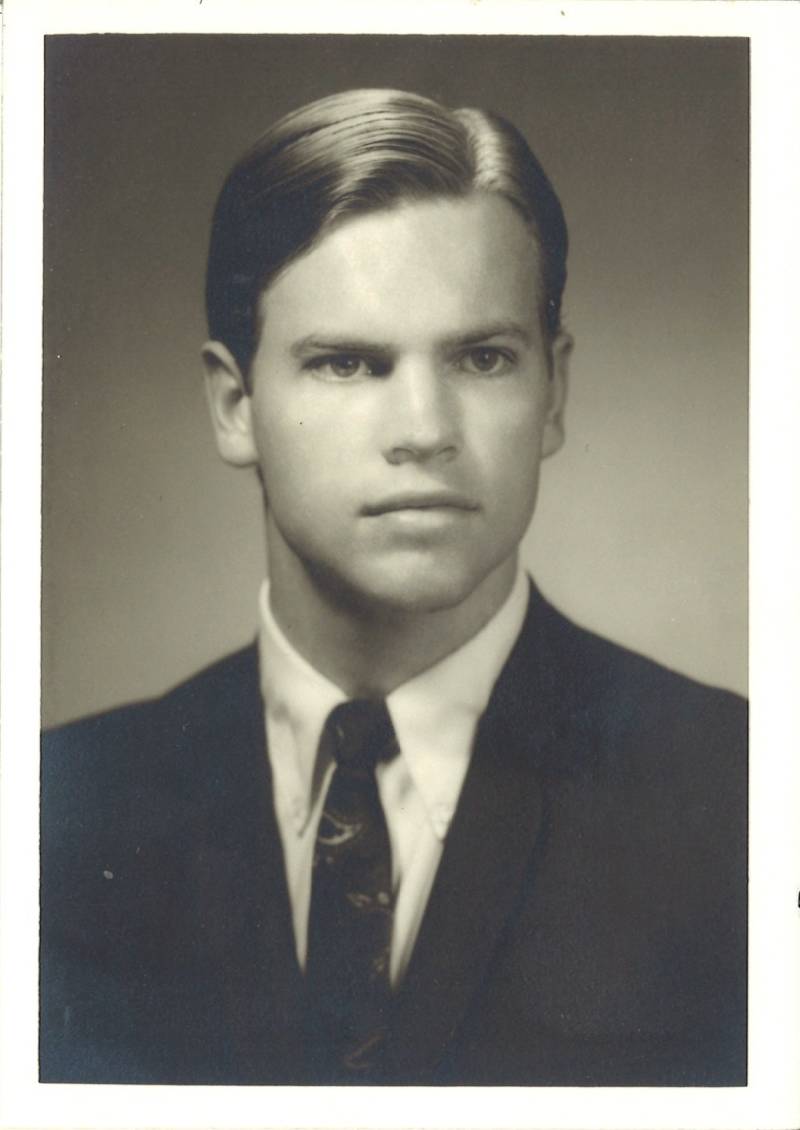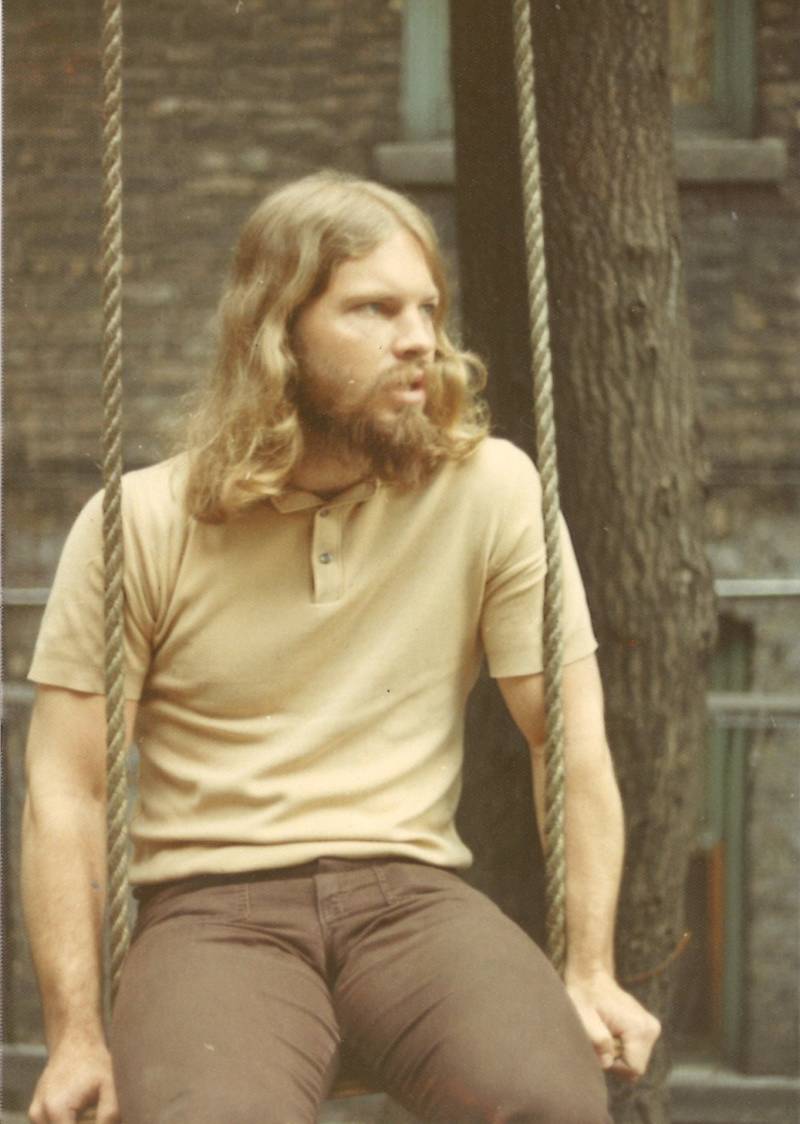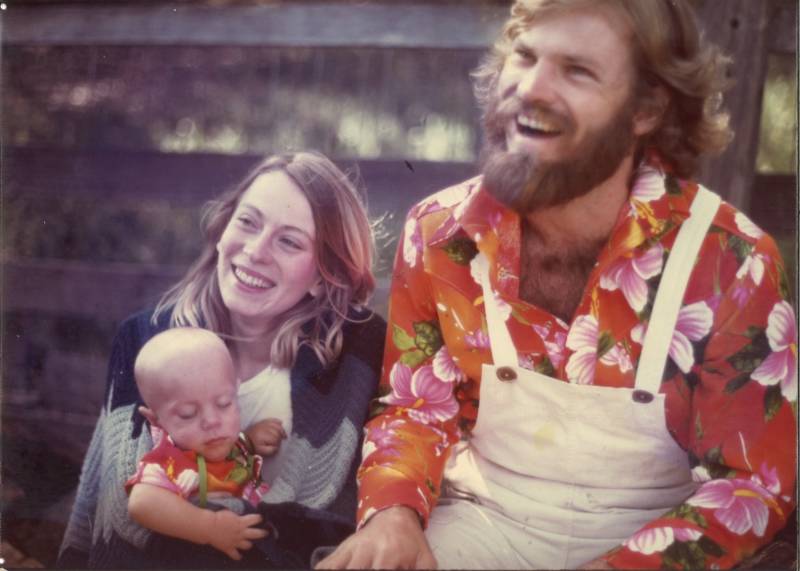For our series “Letter To My California Dreamer," we’re asking Californians from all walks of life to write a short letter to one of the first people in their family who came to the Golden State. The letter should explain:
What was their California Dream? What happened to it? Is that California Dream still alive for you?
Here's a letter from Terry Curtis to his grandfather, Henry Christian Curtis:
Dear Grandpa Henry,
I loved the stories you told me about your father, Jurgen. In 1904, he sailed from Bogø, Denmark to California as captain of a sailing ship, then decided to stay. In 1906, you and the rest of the family followed in groups; by steamer to Ellis Island, then by train to a Danish ghetto in the San Antonio neighborhood in Oakland, California.
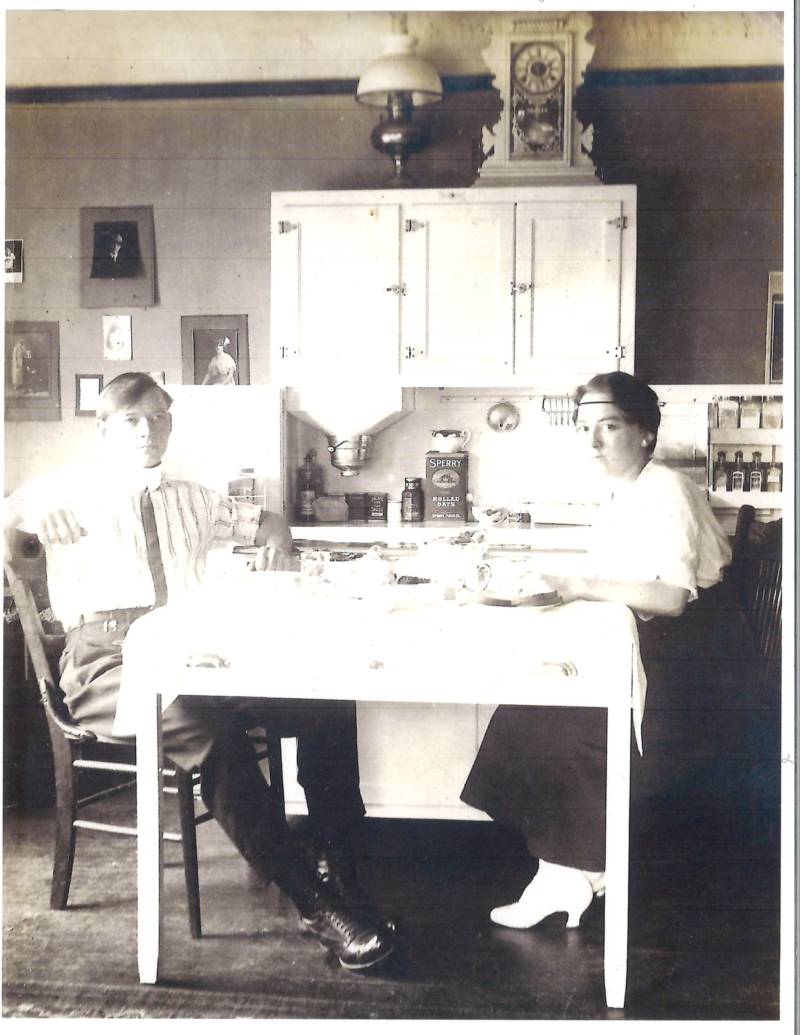
When you were eligible for citizenship, you worked in a machine shop. Most of the employees were Danes named Petersen and, like you, many had the name Christian. Your given name was Christian Henry Axel Petersen. This meant paydays were a challenge since there were many checks for "Christian Petersen."
